Hands On at AQWA
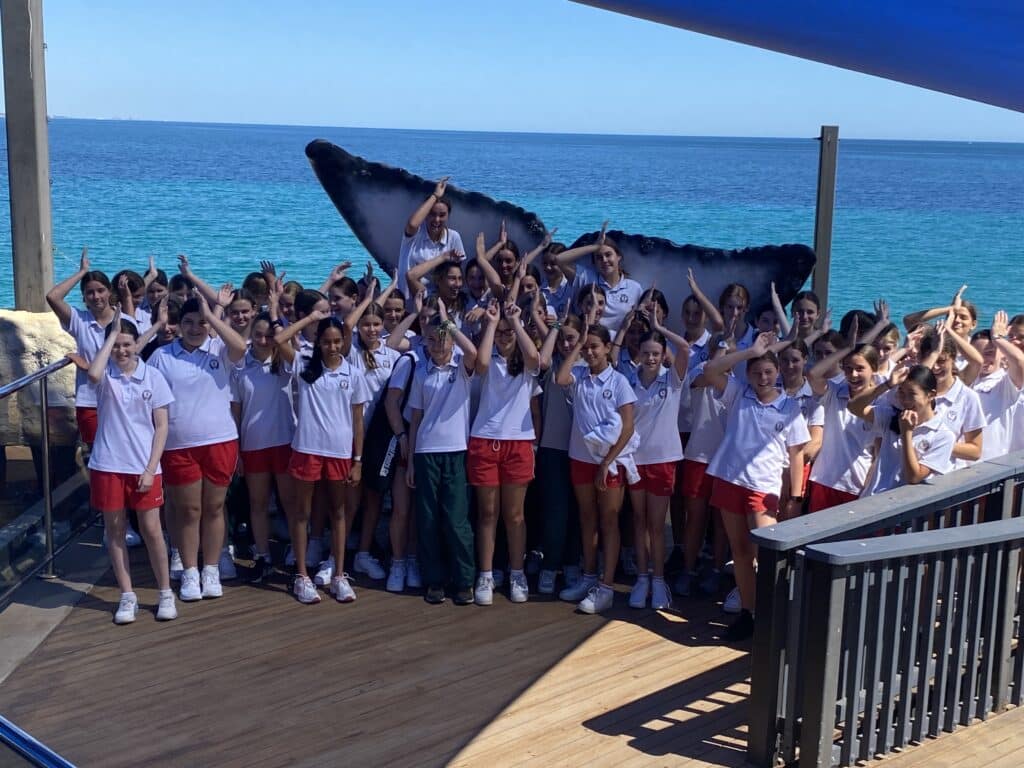
Our Year 9 Marine Science students took learning outside of the classroom on Tuesday, with a visit to The Aquarium of Western Australia (AQWA) for a day of learning about the biodiversity of the Western Australian coastline.
We spoke to Head of Science, Ailsa Harris, and Science teacher, Callum Tilak, about how the day went and how the excursion benefits the girls learning:
Leading up to the excursion, students in Marine Science were learning about the biodiversity of the Western Australian coastline. This included significant marine invertebrate phyla such as cnidaria, echinodermata, and mollusca, fish external and internal anatomy, and fish diversity.
During their visit, the students were able to engage in hands-on learning experiences that complemented their in-classroom studies. They were able to ask questions, engage with the aquarium staff, and learn from each other.
While at AQWA, the students could see firsthand the different marine ecosystems and the animals that inhabit them, gaining a deeper understanding of the importance of ocean conservation. They witnessed a live coral reef, learned about climate change’s impact on the marine environment, and interacted with marine creatures such as sea stars and crabs.
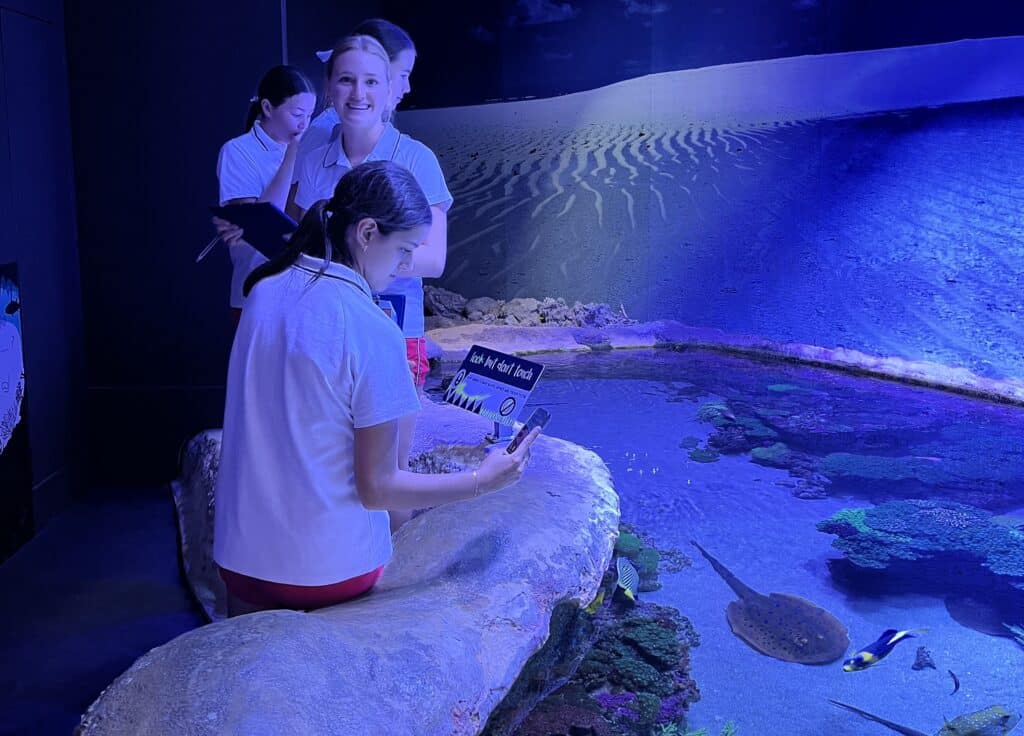
With the knowledge they gained from the excursion, students are completing a field booklet that assesses students’ ability to classify, identify, and analyse marine organisms first-hand. They will also complete an in-class topic test that will validate their understanding.
Not only was this excursion a fun and memorable experience for the students, but it also provided them with valuable knowledge and skills that they can apply to their future studies and careers. It allowed them to see the real-world applications of the marine science concepts they’ve been learning about in the classroom.
The excursion to AQWA enables students to apply their learning by identifying, classifying, and analysing, aquatic organisms first-hand. Accurately identifying aquatic organisms and their features is relatively simple on paper, however, doing the same in person with a living creature that is moving and performing its day-to-day activities is significantly harder. Being able to achieve this skill is particularly important in our Western Australian context because it promotes citizen science and better conservation practices.
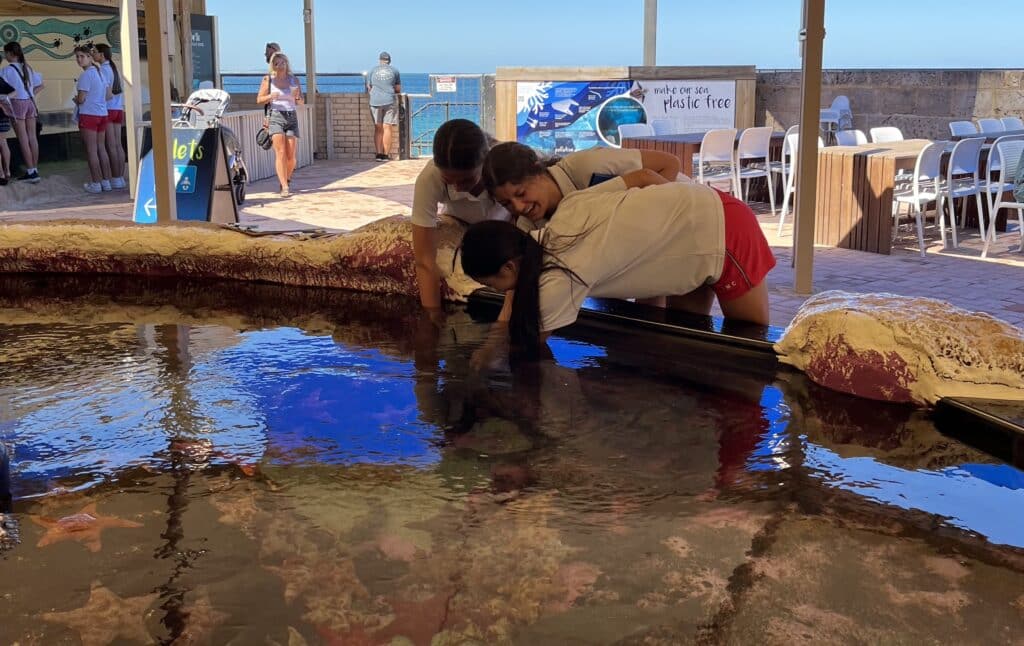
Here’s what a student had to say about the excursion.
In Marine Science, we were fortunate to visit AQWA, a fun and unique experience. This excursion expanded my knowledge of marine life, through the interactive marine animal zones and informative talks on the health and feeding of specific marine life. A fascinating area was the discovery pool. This interactive pool allowed us to hold many different marine animal species, such as starfish and sea cucumbers, and we could even pet the small sharks! I enjoyed this experience at AQWA, as it increased my knowledge and taught me about how important marine life is to a country like Australia and how important it is to protect these marine animals. Nitya Chowdhary
Overall, the excursion to AQWA was a highly successful and engaging educational experience for the Year 9 Marine Science students. It provided them with a deeper understanding of the marine environment and inspired them to think critically about how they can contribute to ocean conservation efforts in the future.

The Power of Expectations in Shaping Student Success – Jennifer Oaten
Discover the transformative impact of expectations on student success. Learn how belief shapes outcomes in education and beyond.
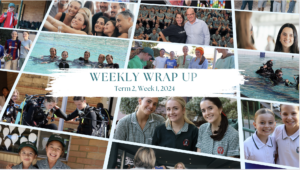
Weekly Wrap Up: Term 2, Week 1, 2024
Term 2 has kicked off with a bang! We enjoyed the Year 11 Father-Daughter evening, celebrated Earth Day, and welcomed Dr. Mark Williams.
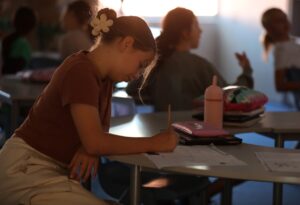
Inspiring Change: Earth Day 2024
Our Earth Day celebration this week was a powerful reminder of our collective responsibility to protect our planet for future generations.
- Curiosity, Featured, Learning, science
Author: Santa Maria College
Santa Maria College is a vibrant girls school with a growing local presence and reputation. Our Mission is to educate young Mercy women who act with courage and compassion to enrich our world. Santa Maria College is located in Attadale in Western Australia, 16 km from the Perth CBD. We offer a Catholic education for girls in Years 5 – 12 and have 1300 students, including 152 boarders.






